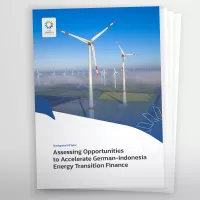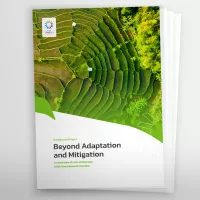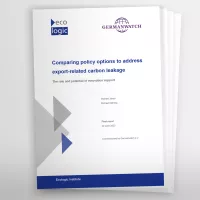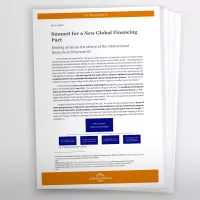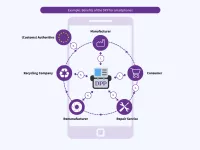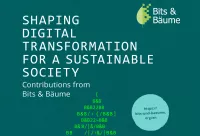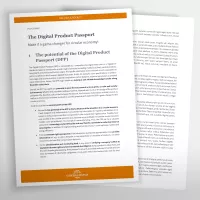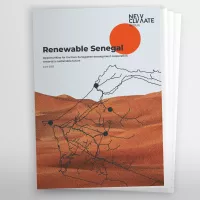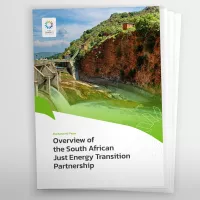
The Just Energy Transition Partnership (JETP) in South Africa marks a significant milestone and serves as a blueprint for future initiatives in other developing countries. The USD 8.5 billion partnership programme is designed not only to help decarbonise South Africa's energy sector to mitigate climate change, but also to catalyse inclusive sustainable development. This background paper by IRID and Germanwatch provides an overview of the partnership process to date, including a general overview, its framework, and guiding principles.

